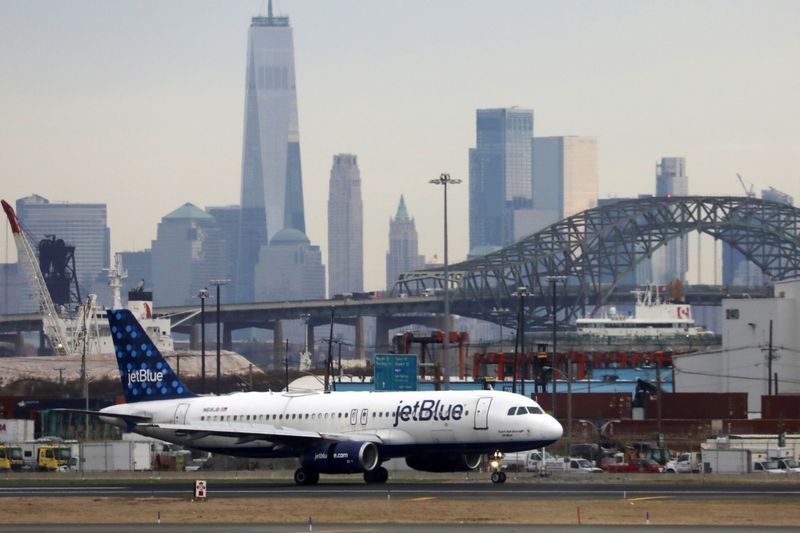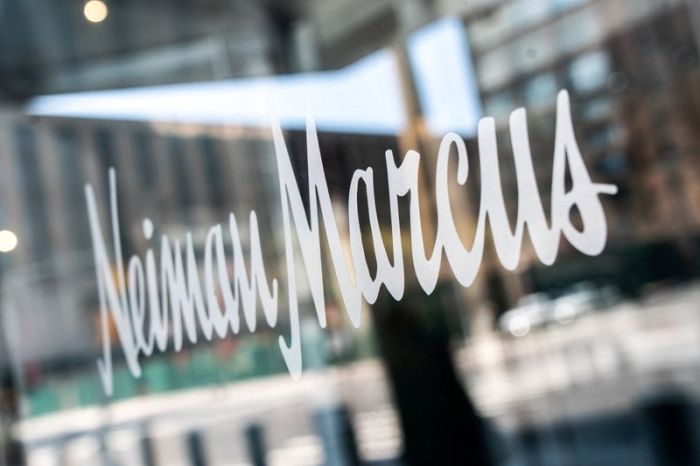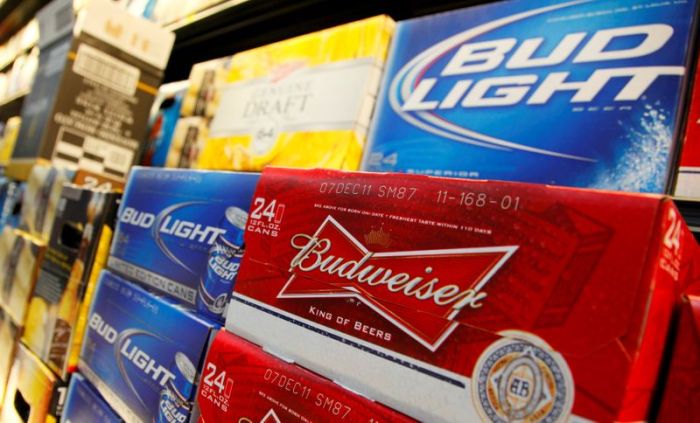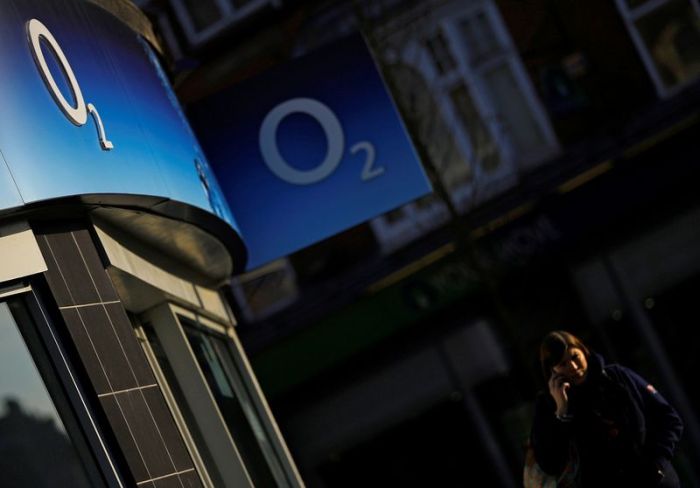(Reuters) – JetBlue Airways Corp <JBLU.O> on Thursday posted a $268 million quarterly loss as the coronavirus pandemic hurt air travel demand, and cut its order book with Airbus SE <AIR.PA> by about 34% through 2022 to save $1.1 billion in aircraft spending.
Under a delivery schedule set on May 7, JetBlue said it now plans to receive a total of 40 Airbus SE <AIR.PA> jets through 2022, down from 61 that filings show it had contracted over that time period as of last year.
The new schedule includes one A220 and seven A321NEO jets this year, it said.
JetBlue shares rose 4.9 percent.
Since cases of the novel coronavirus began accelerating in March, U.S air travel demand has sunk by about 95%, forcing airlines to shift their focus from growth plans to parking planes and minimizing their daily cash burn.
While the overall number of bookings was “extremely limited,” New York-based JetBlue said it believed demand had reached a floor around mid-April and it expected to have a better sense of the third and fourth quarters by early summer.
Meanwhile, its second-quarter flight capacity will be about 80% lower than what it had originally planned.
Following measures to boost its liquidity, JetBlue expects its daily cash burn to fall to just below $10 million in May from an average of $18 million in the second half of March, excluding government assistance under the CARES Act.
The airline is set to receive $936 million in government payroll assistance, which bans companies from reducing their workforce until Sept. 30, and said it has applied for an additional up to $1.14 billion government loan that it can draw if needed and was evaluating additional capital raises including secured debt and sale leasebacks.
Liquidity totaled $3.1 billion in April.
Revenue declined 15.1% to $1.59 billion in the first quarter from a year earlier, including a 52% decline in March as the pandemic hurt demand and fares.
Net losses reached $268 million for the first quarter ended March 31, compared with a profit of $42 million a year earlier.
Excluding special items, the net loss was $116 million, or a loss of $0.42 per share.
(Reporting by Tracy Rucinski; Editing by Bernadette Baum and Nick Zieminski)























